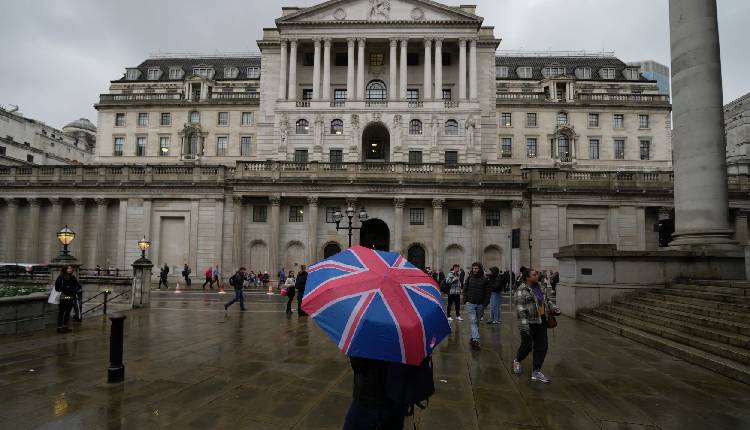The booming non-bank financial industry has created excessive leverage, posing significant financial stability risks and necessitating further reforms, including better disclosure of positions, a Bank of England (BoE) regulator said on Thursday.
Non-bank financial institutions (NBFIs)—comprising hedge funds, private credit providers, and insurers—have grown increasingly influential. In 2022, they accounted for $218 trillion, or nearly half, of the world’s financial assets, according to the G20’s Financial Stability Board.
The BoE estimates that half of the funding for UK businesses now comes directly from financial markets and non-banks, rather than traditional bank loans.
The rapid expansion of the “shadow banking” sector has become a priority for regulators due to its lack of transparency and potential threats to financial market stability.
Nathanaël Benjamin, executive director for financial stability strategy and risk at the BoE, noted that while reforms since the March 2020 “dash for cash” have mitigated some NBFI risks, excessive leverage remains a concern.
Benjamin emphasised that the risks are particularly severe when funding positions are concentrated in core markets like government bonds or when used in common strategies among a small number of non-banks.
He called for enhanced transparency through improved disclosures by NBFIs to counterparties and regulators to identify and address risk concentrations.
Benjamin further highlighted increased liquidity demands during market stress, citing examples like the impact of Russia’s invasion of Ukraine on gas prices and the near collapse of the UK’s liability-driven investment industry in 2022.
Attribution: Reuters.


